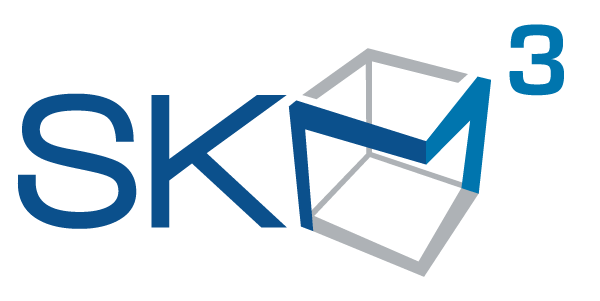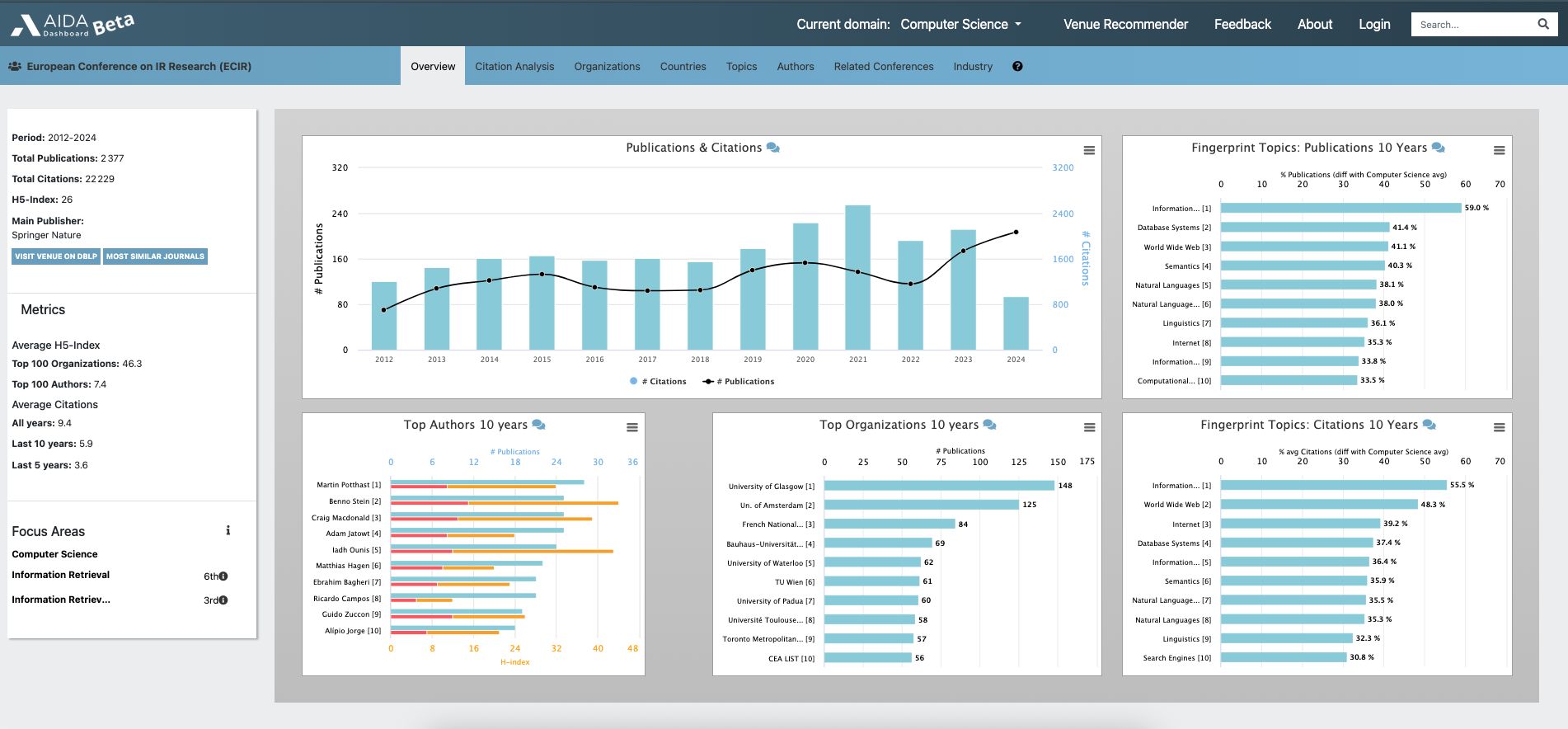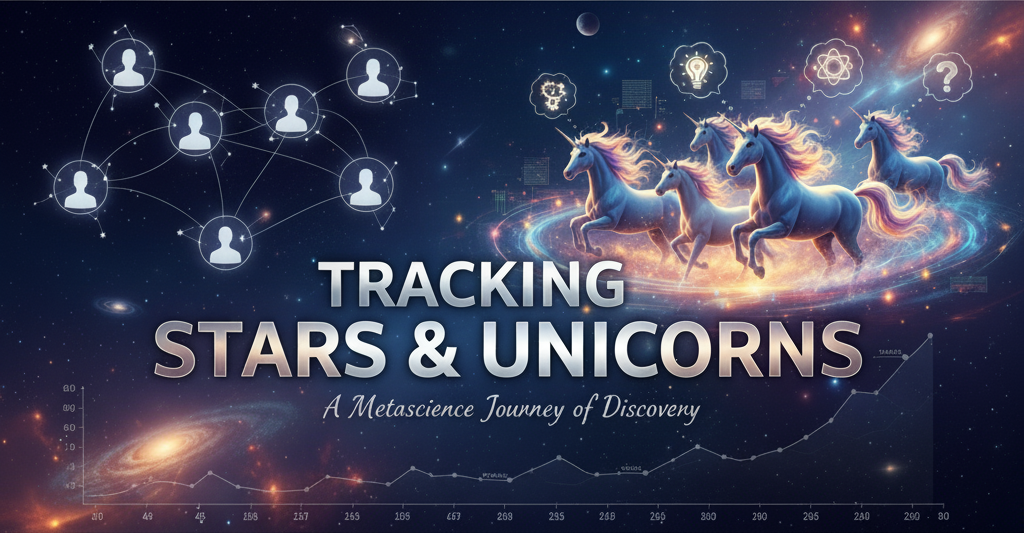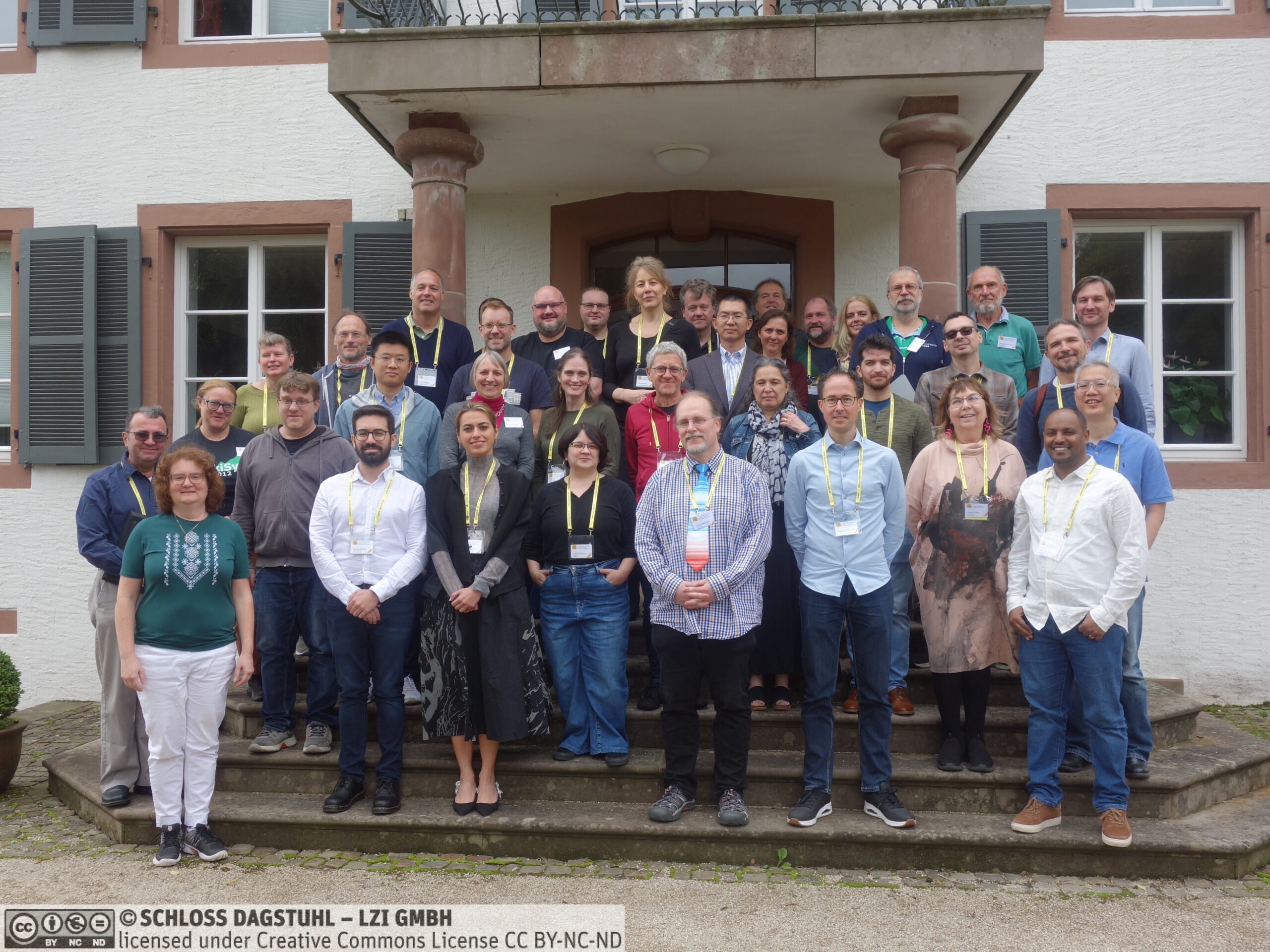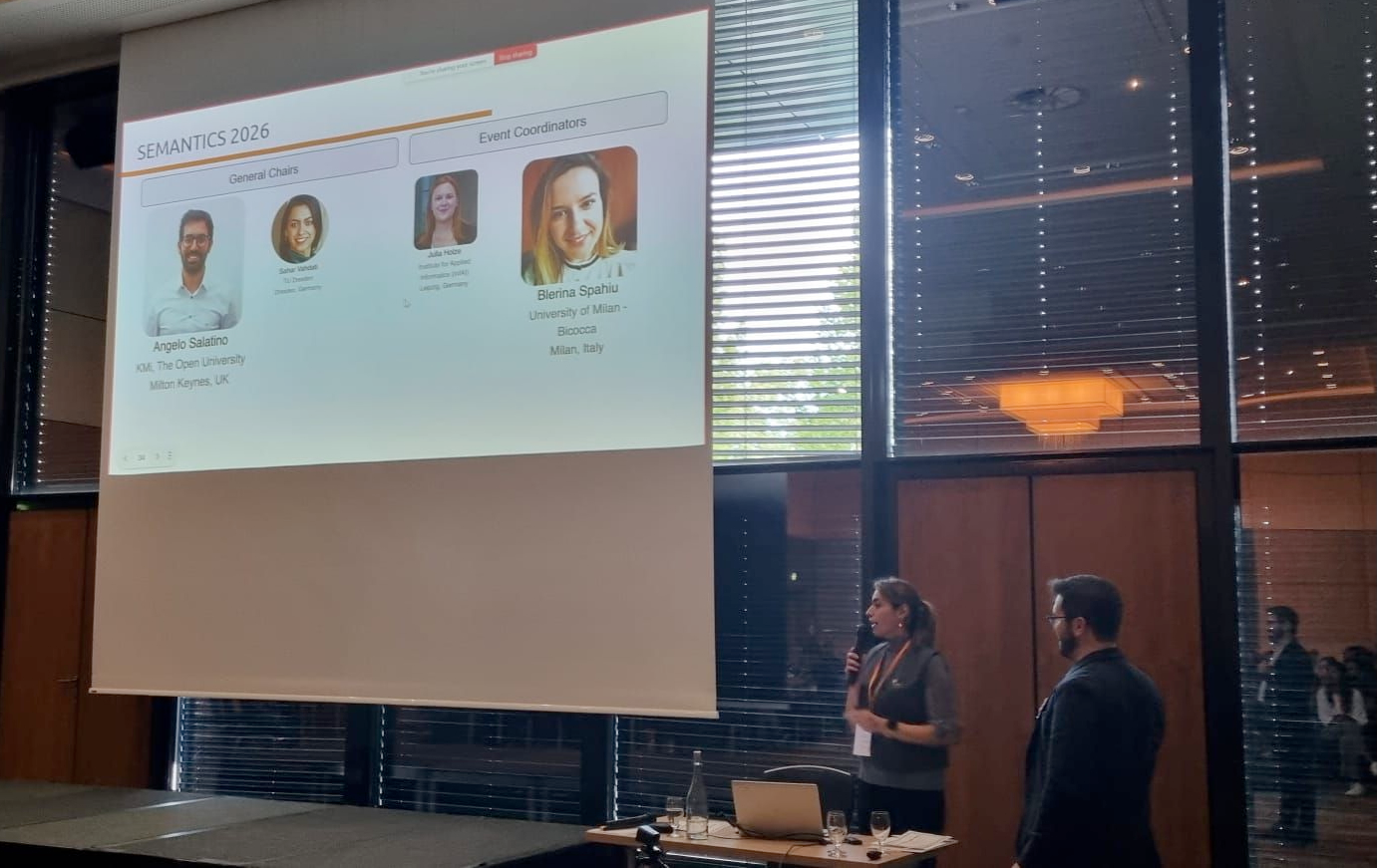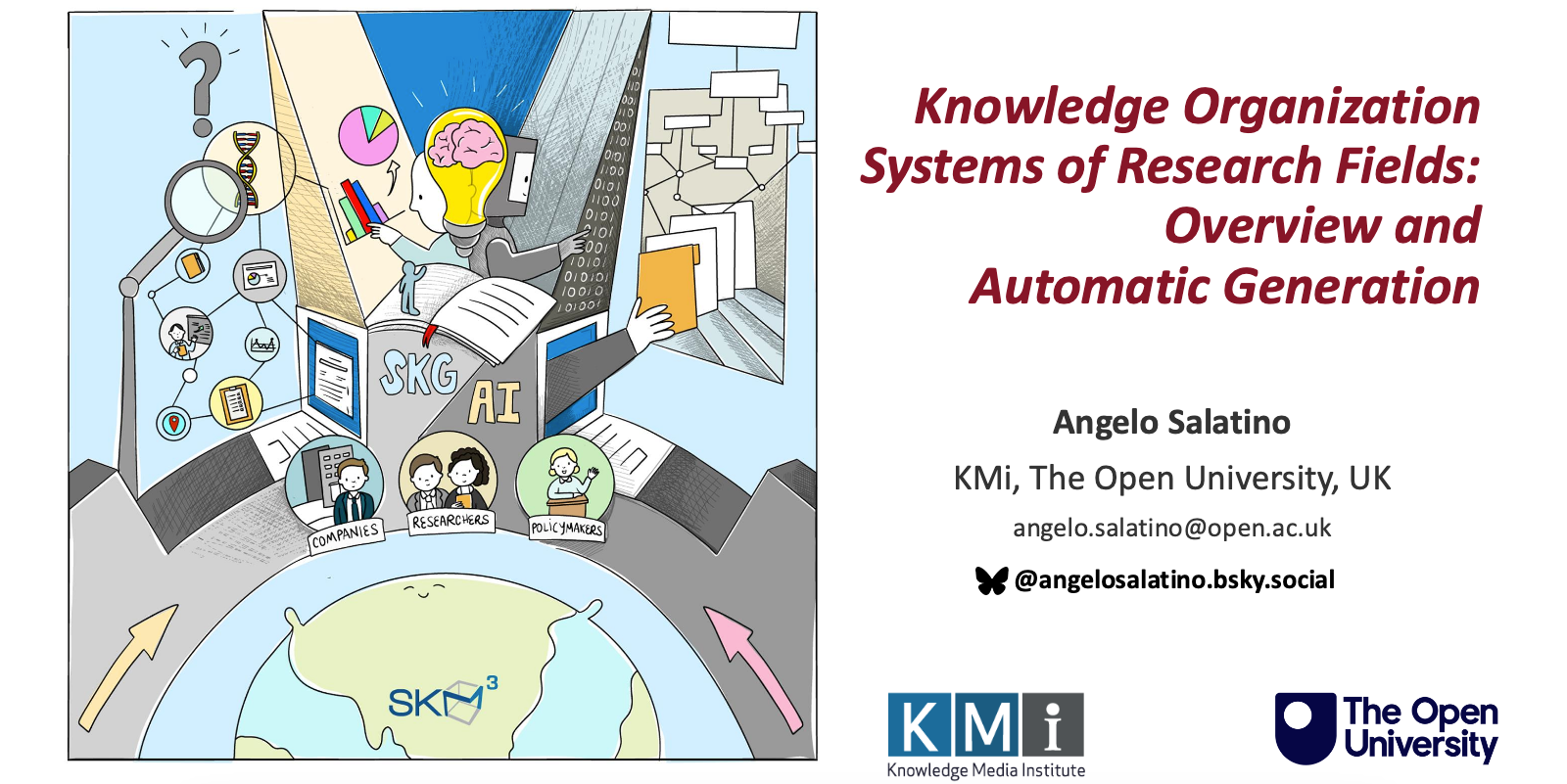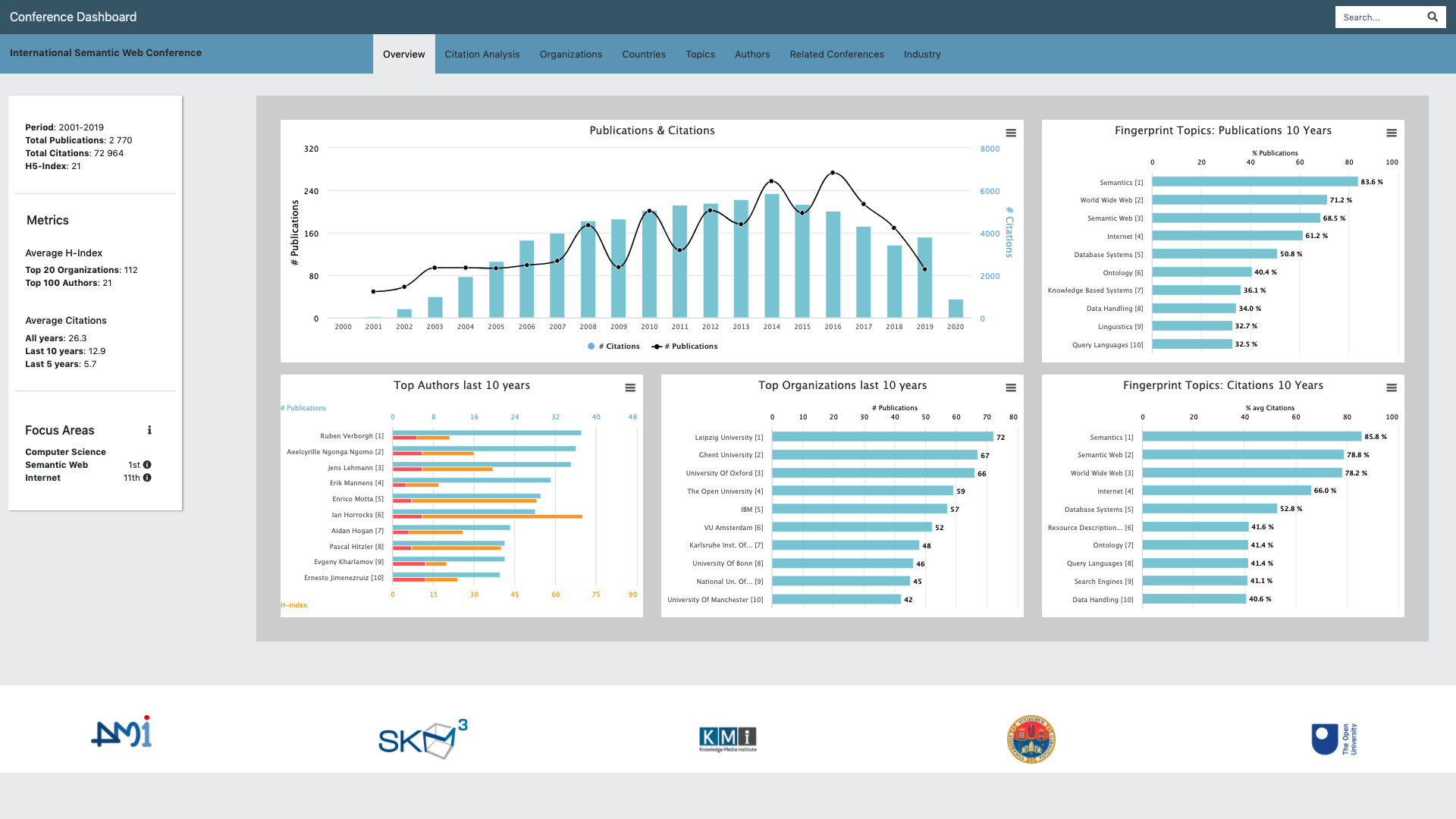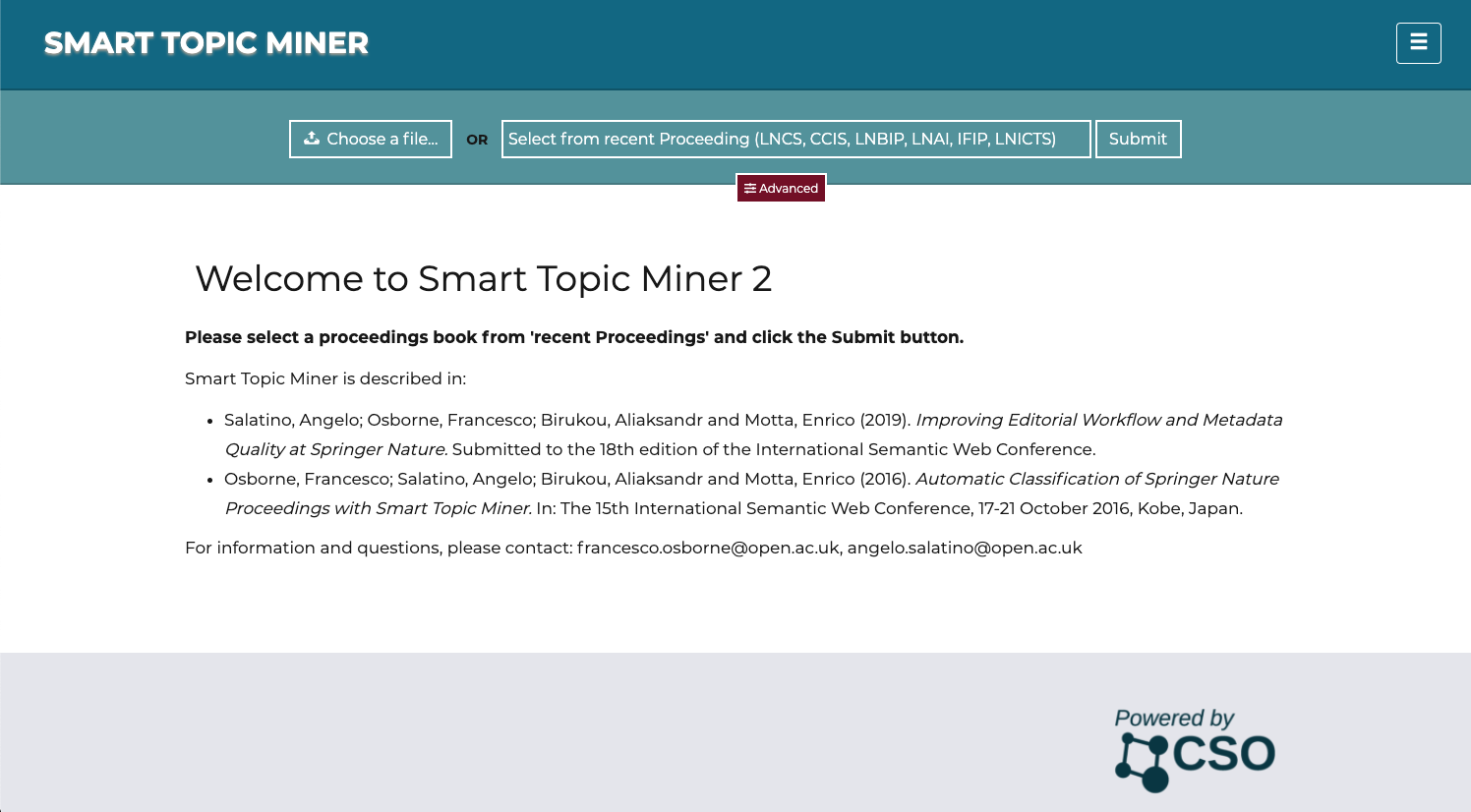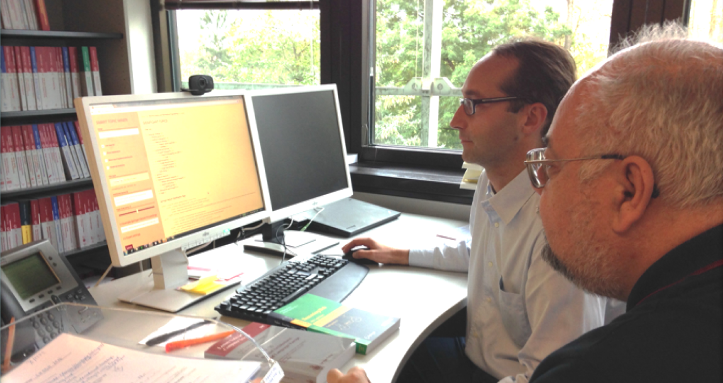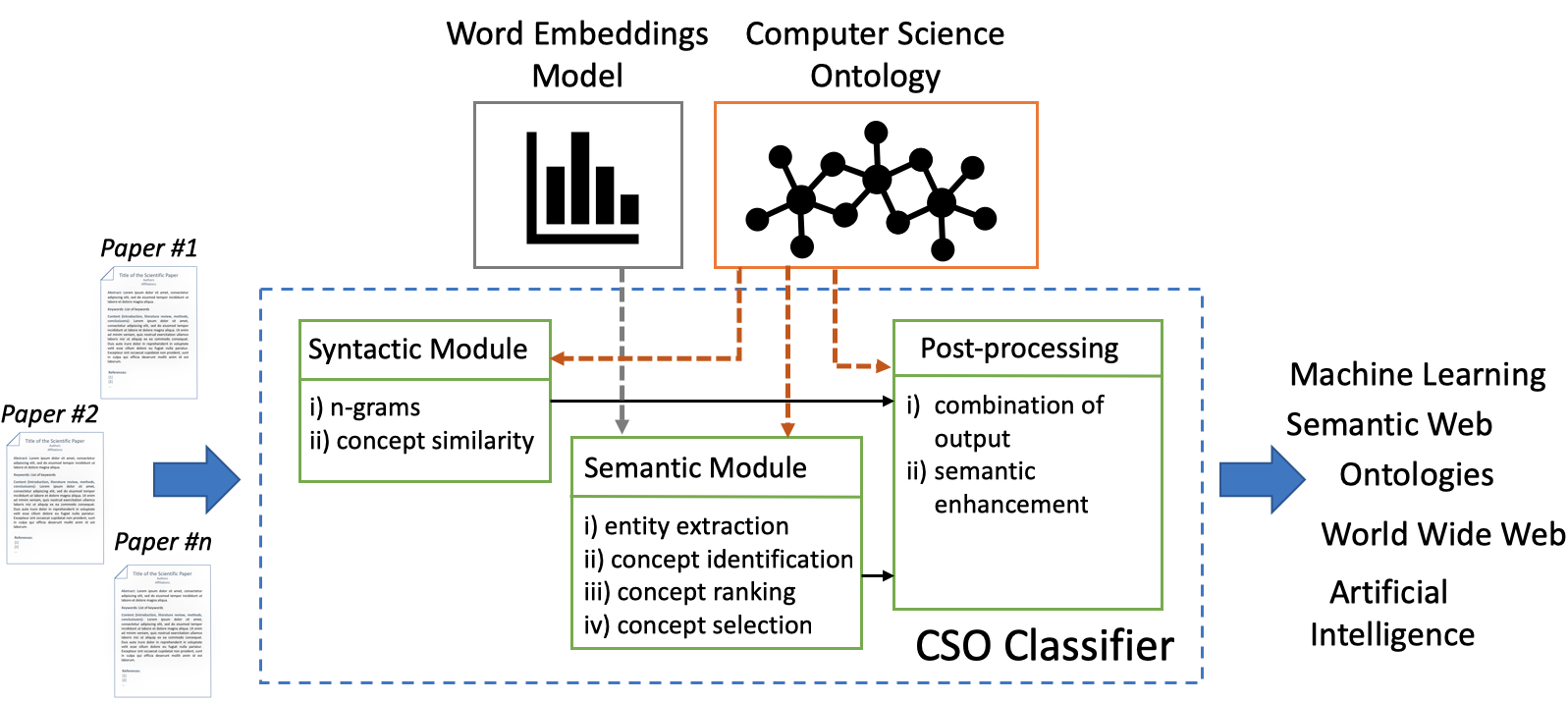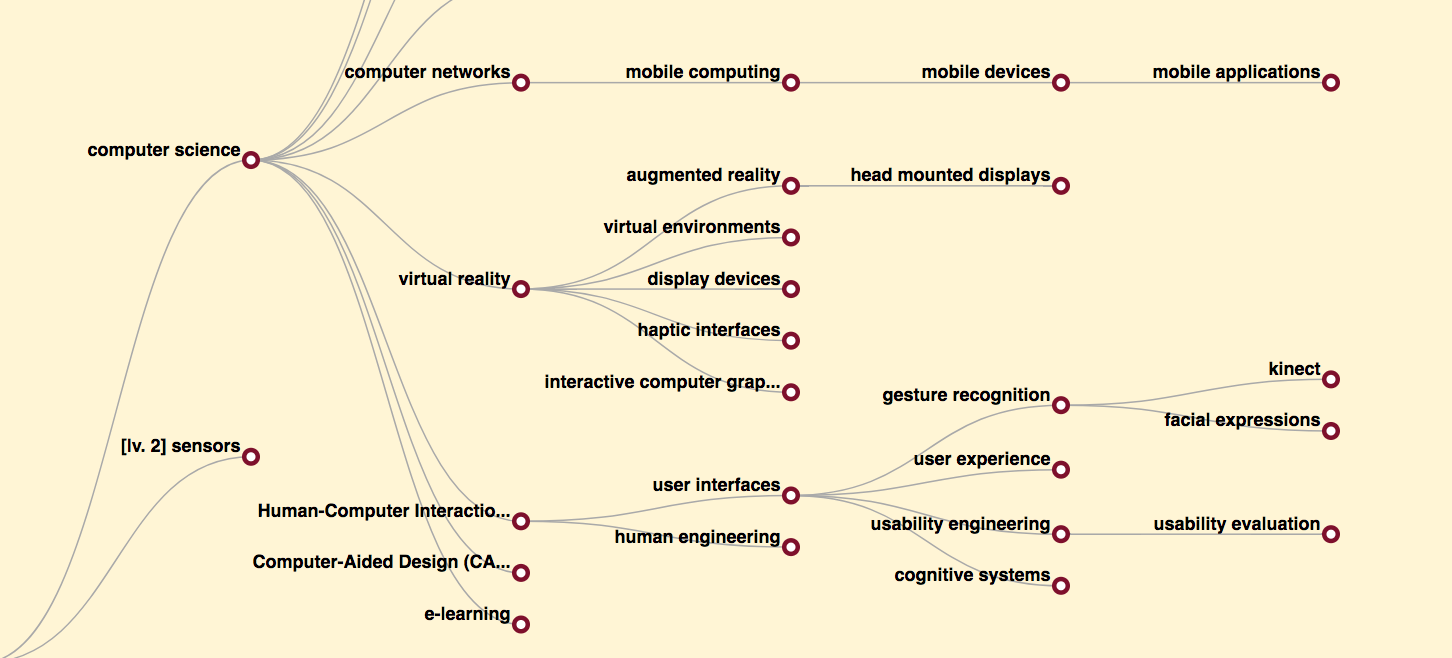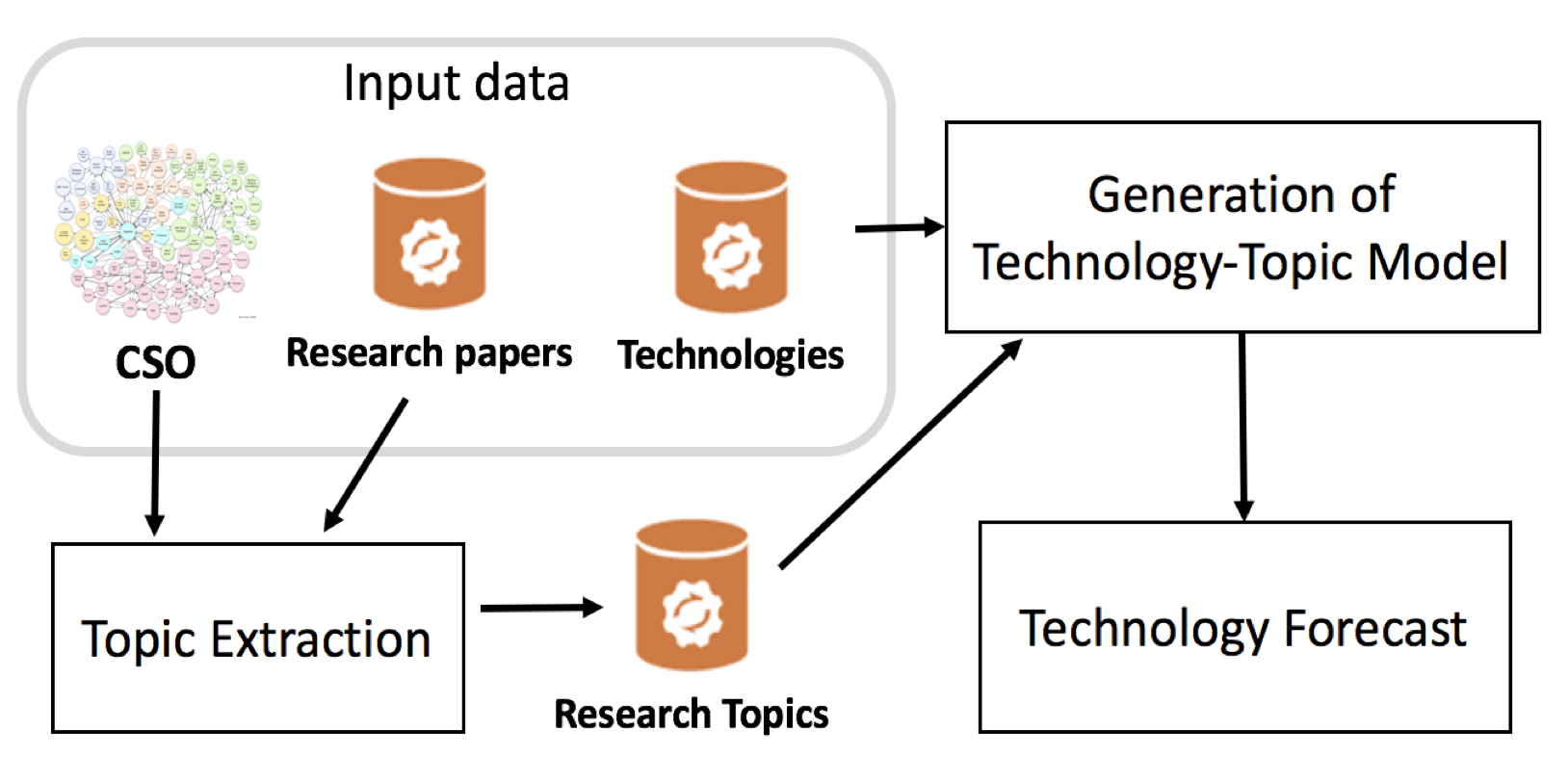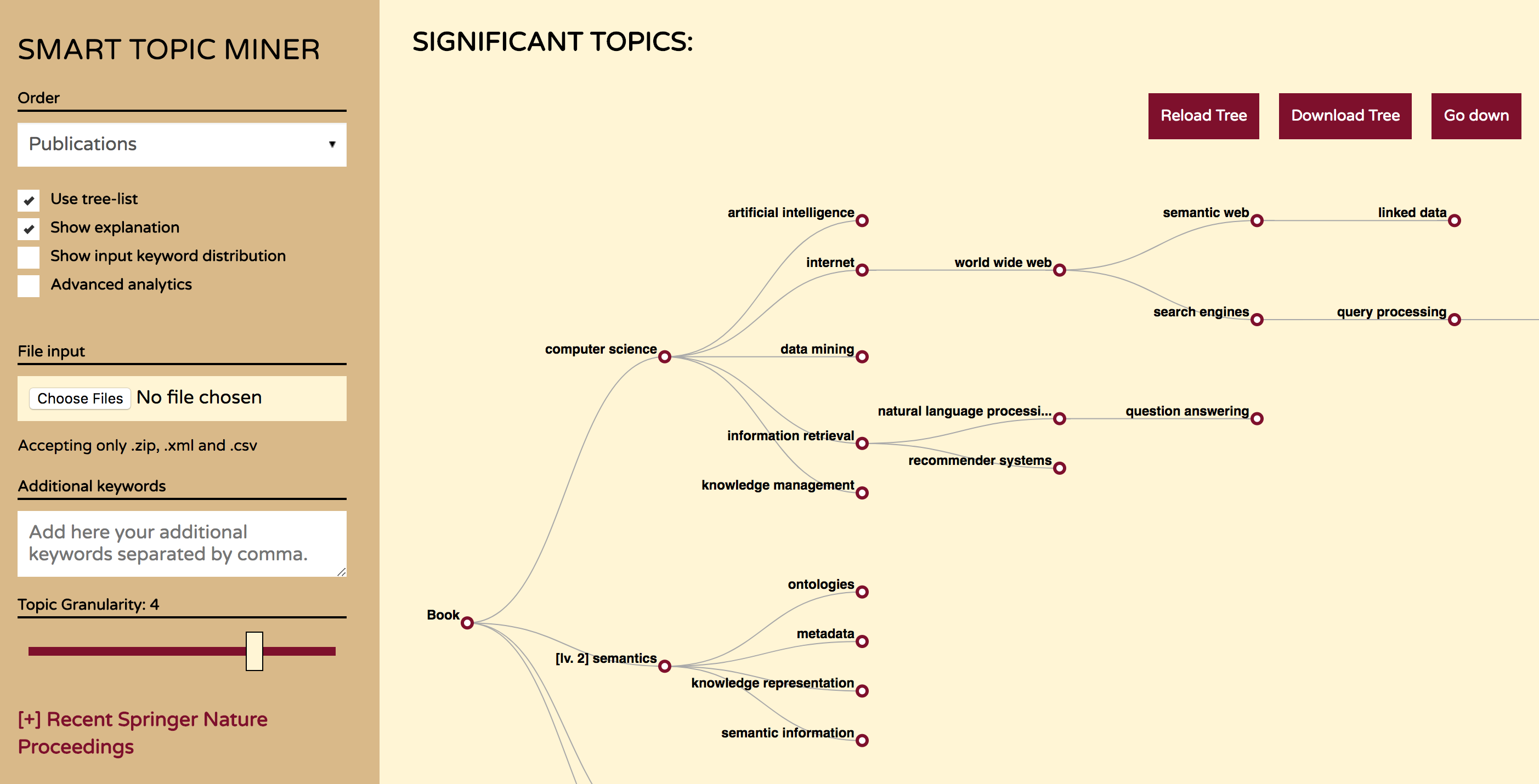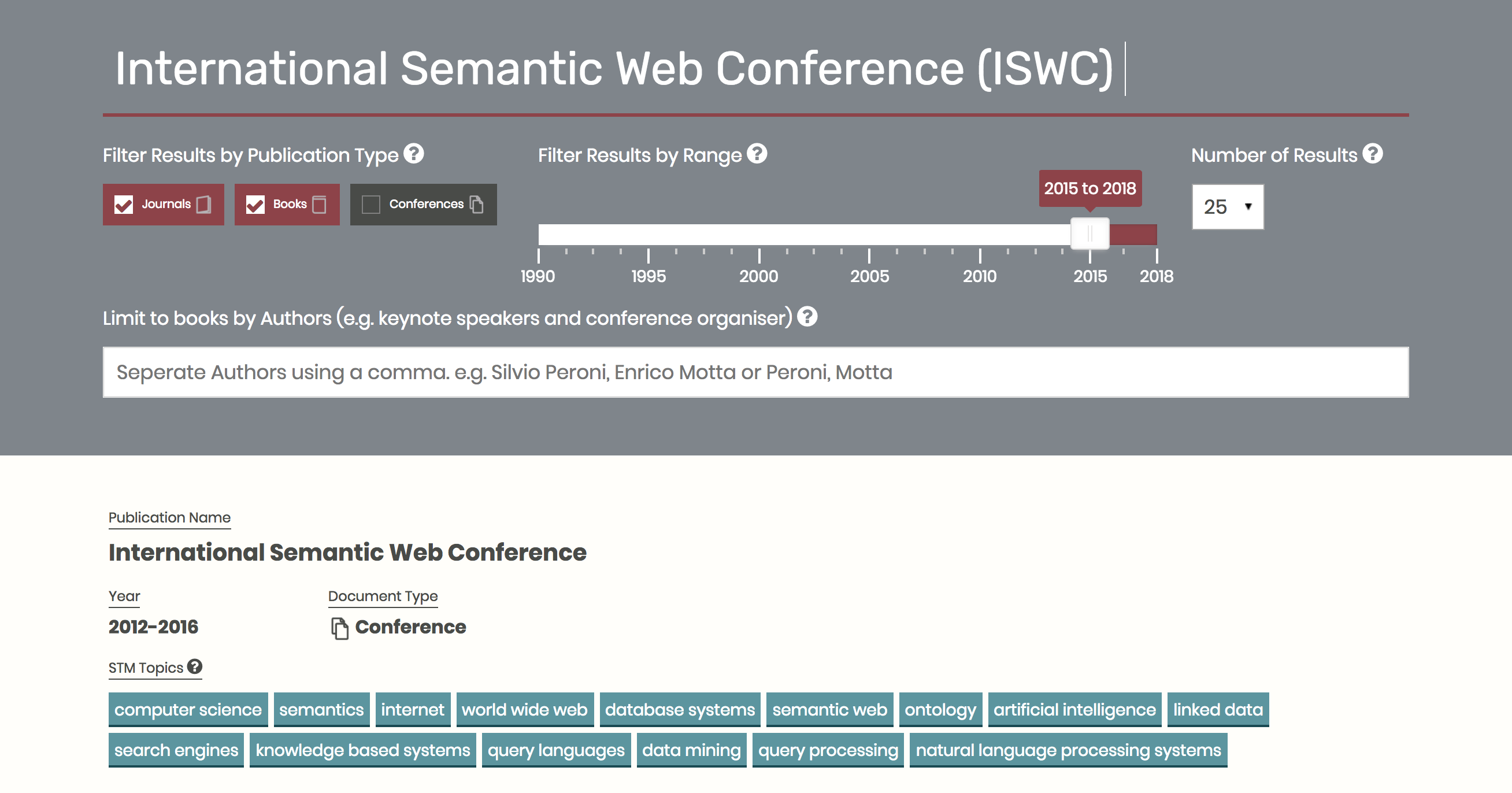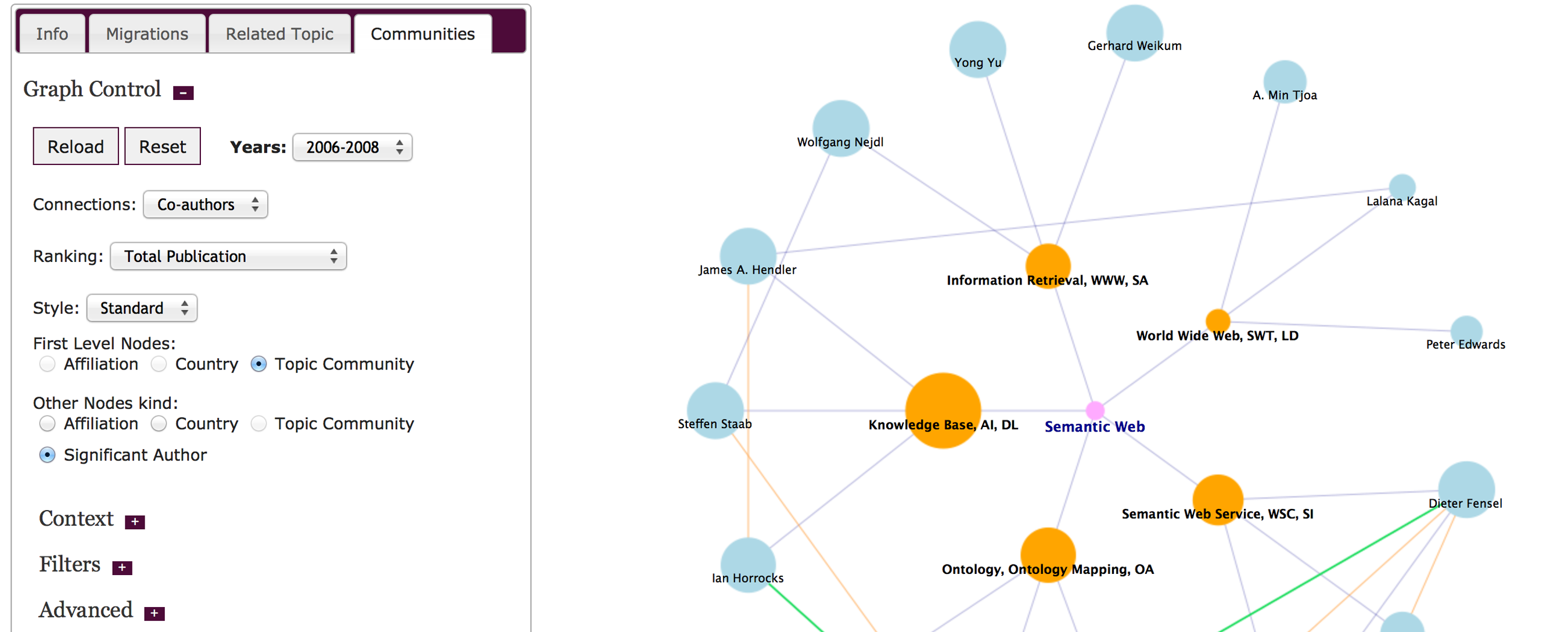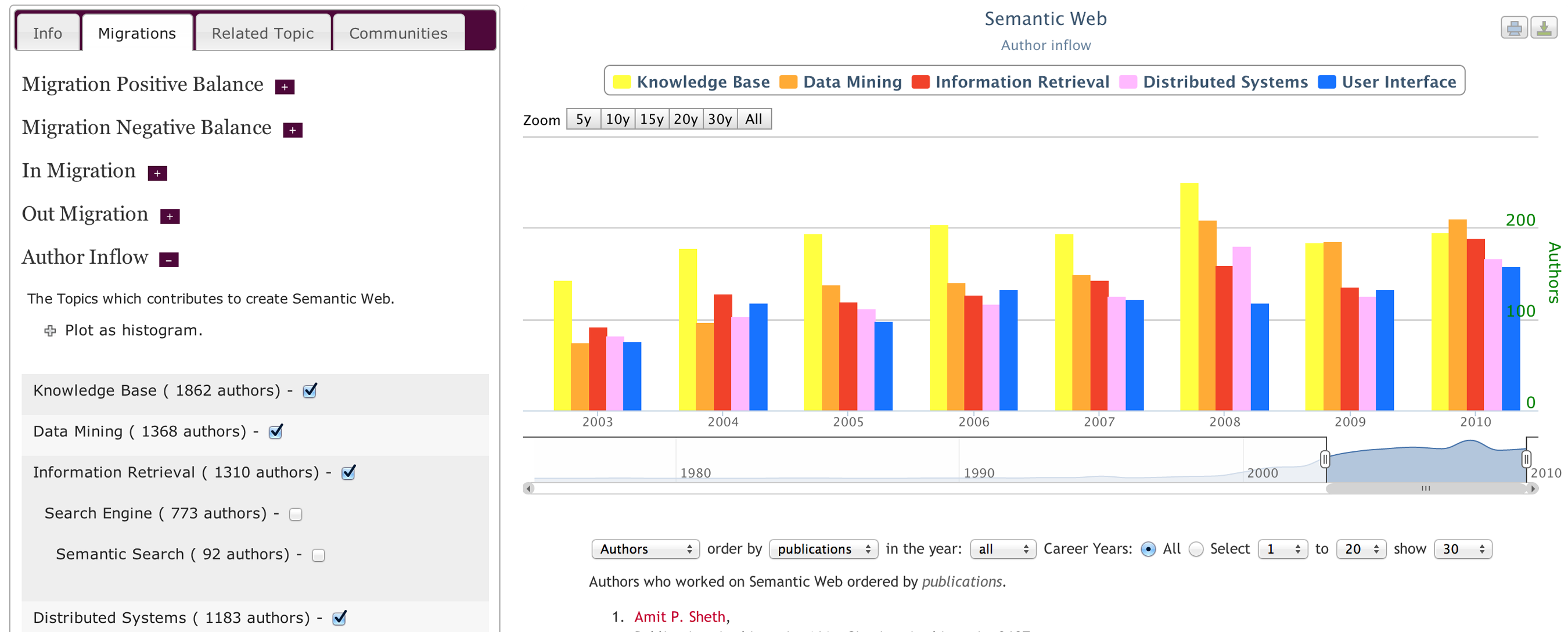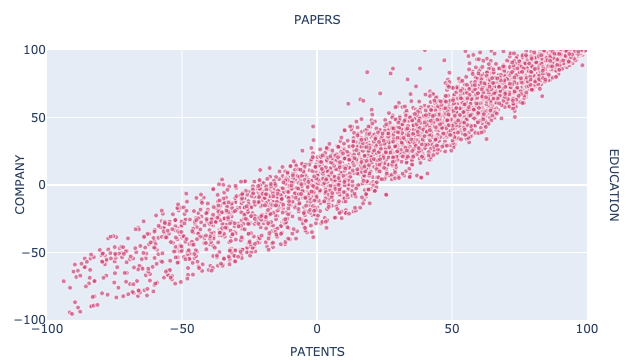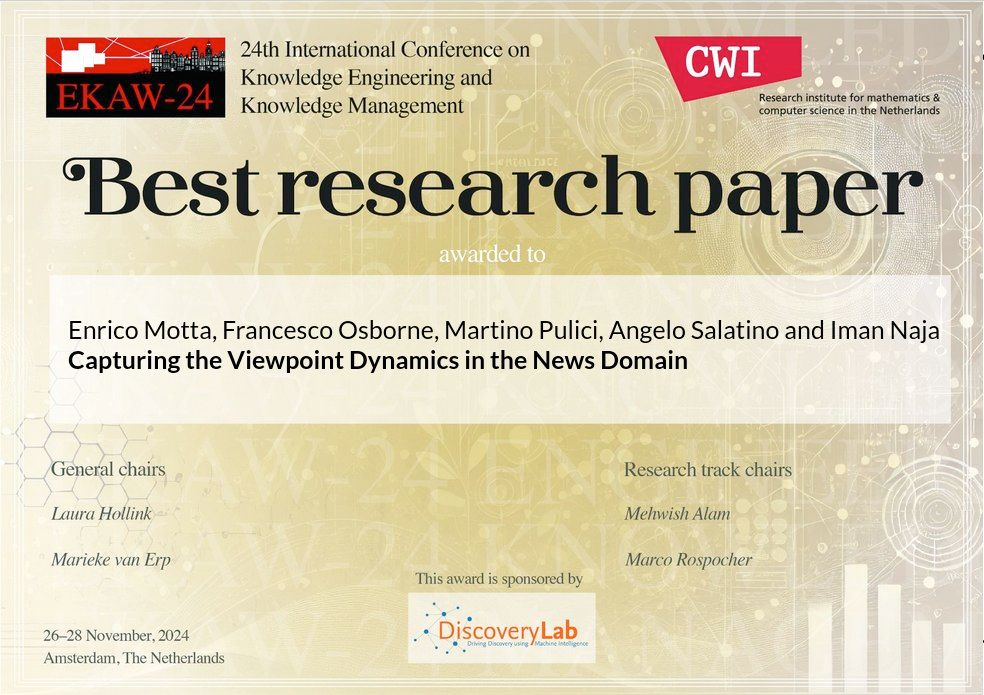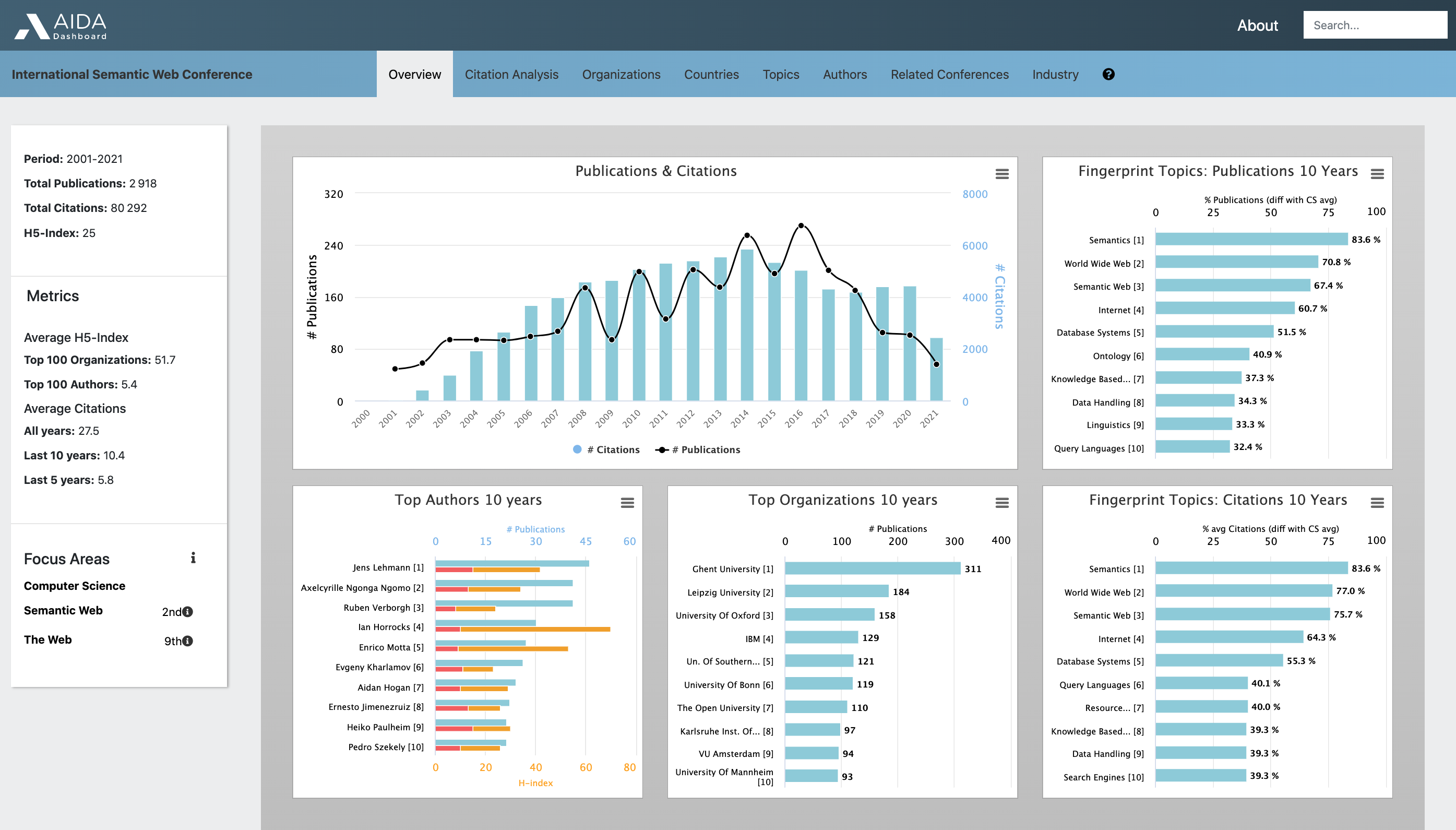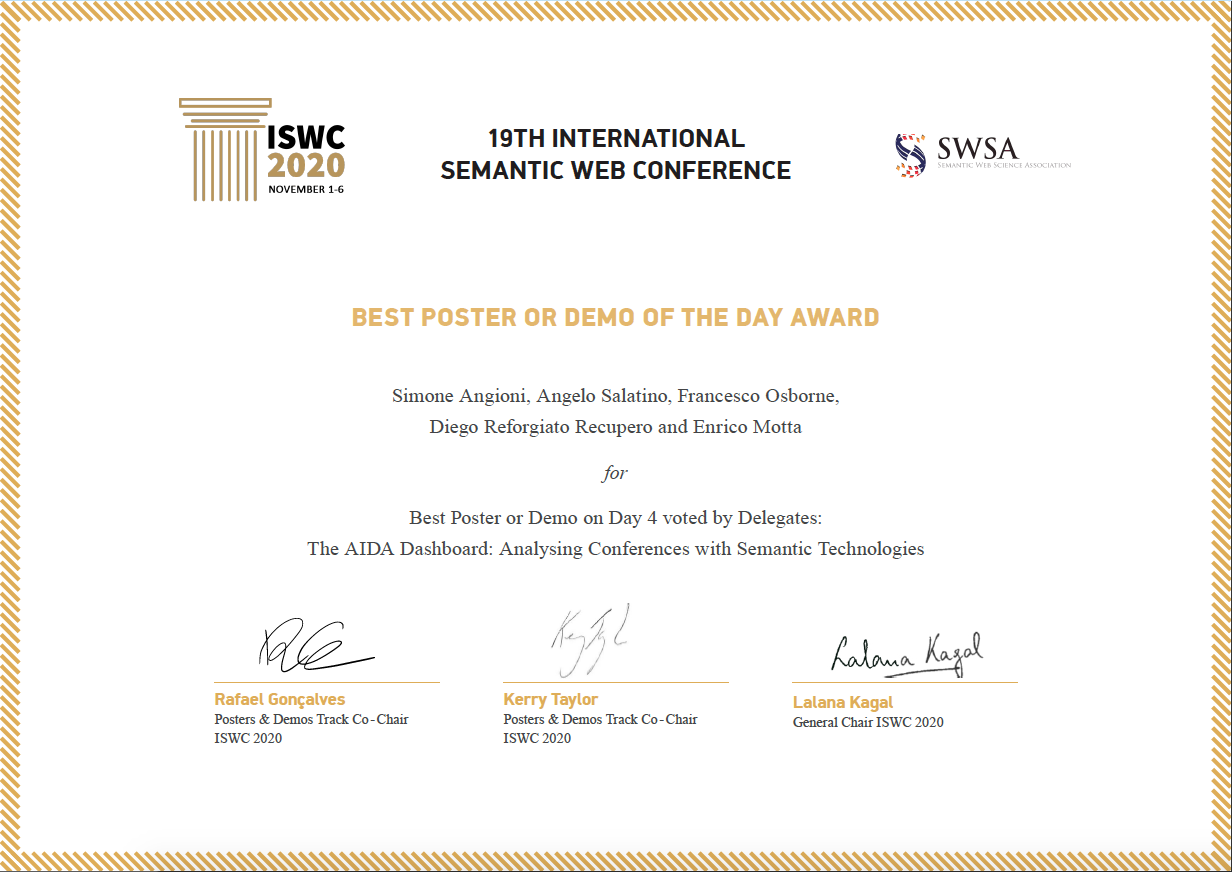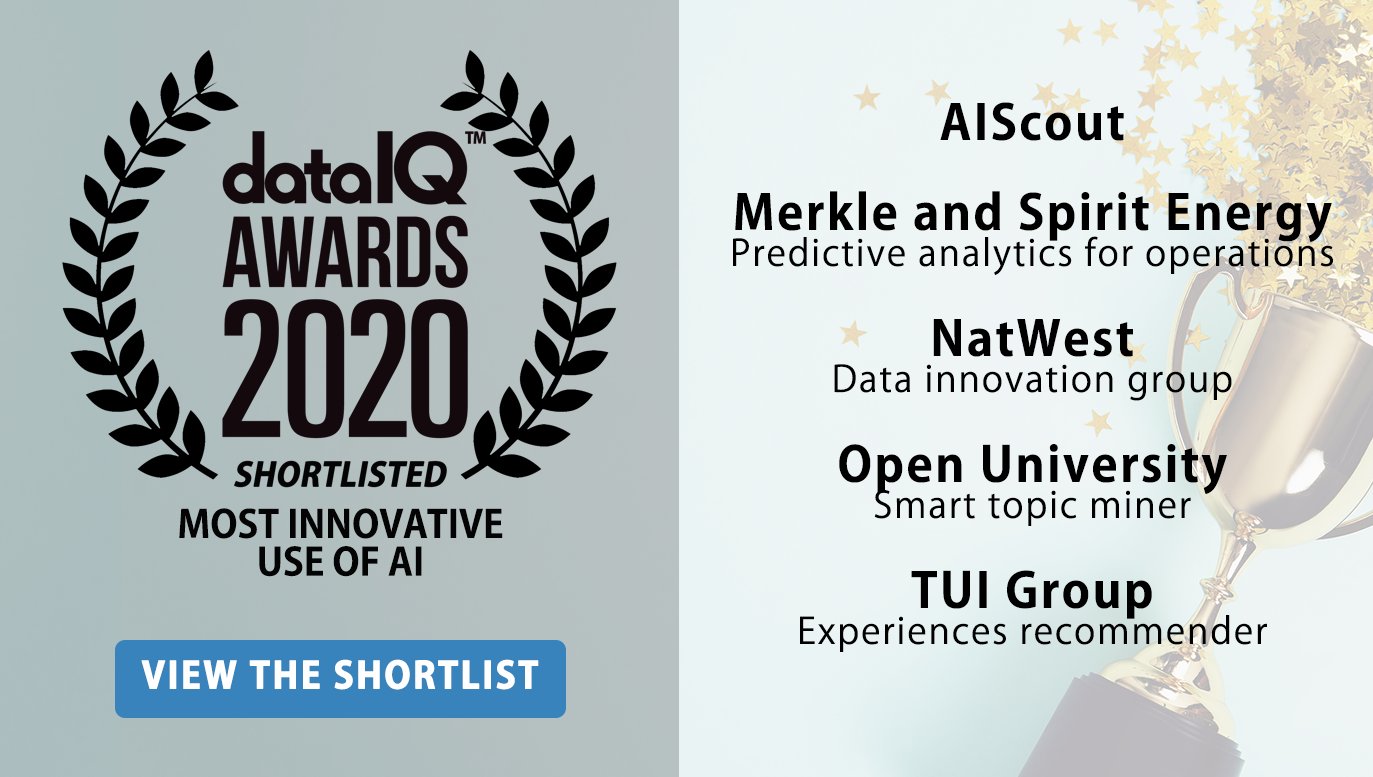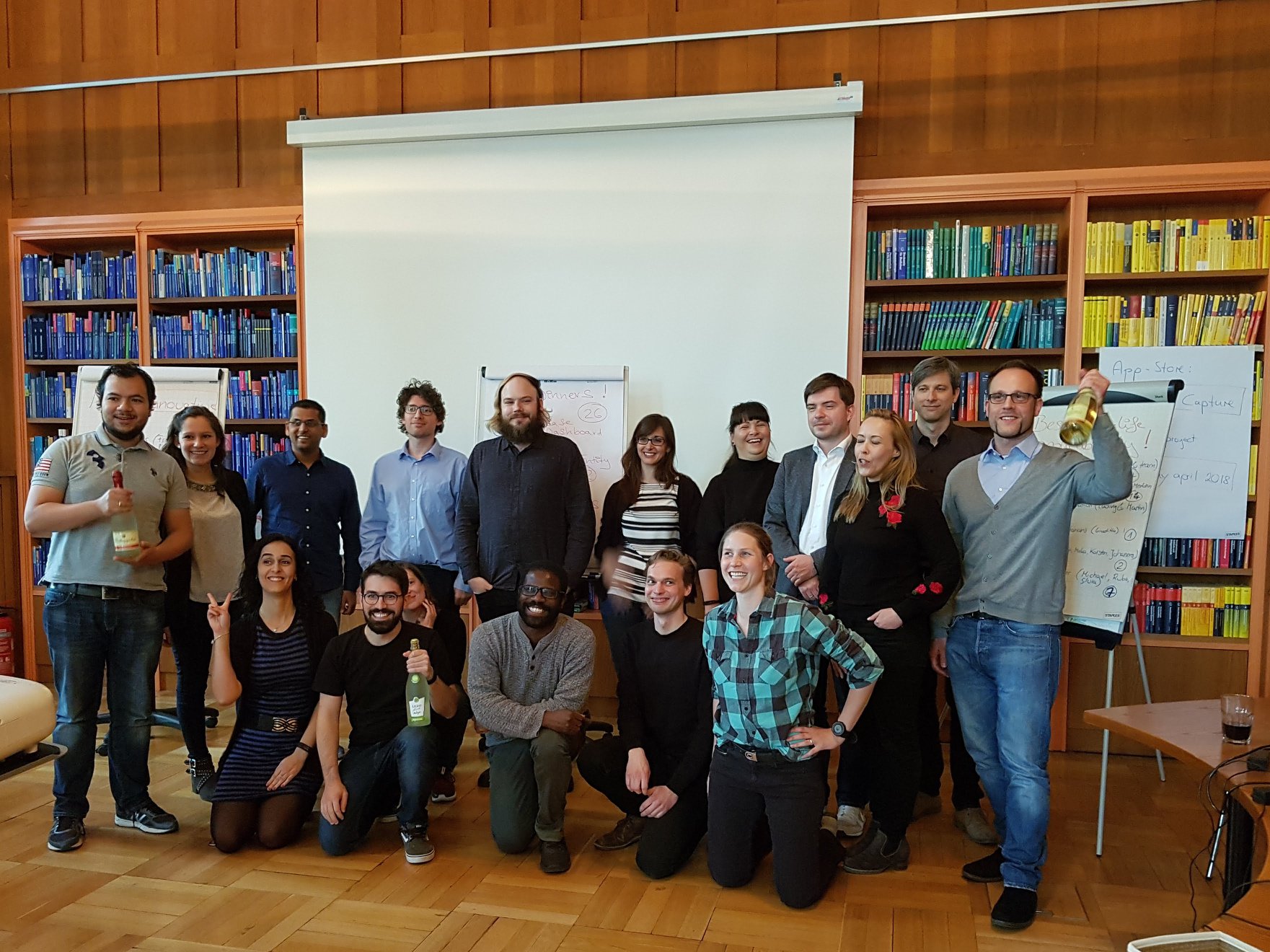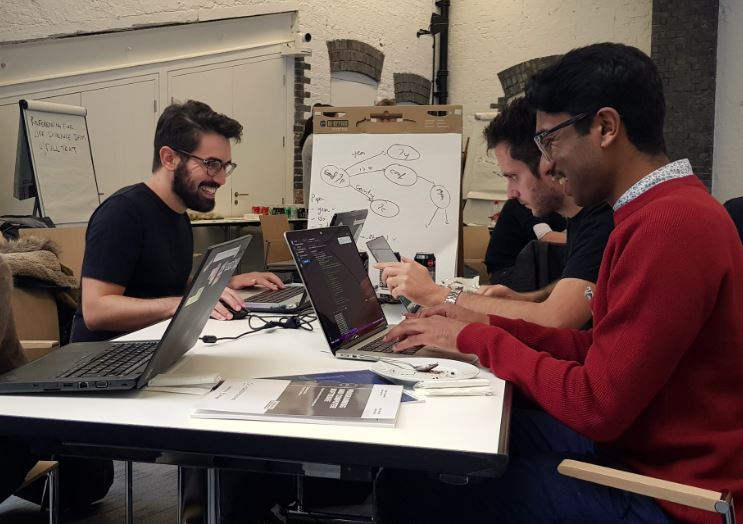Publications
2026
2025
Cadeddu, Andrea; Chessa, Alessandro; De Leo, Vincenzo; Fenu, Gianni; Motta, Enrico; Osborne, Francesco; Reforgiato Recupero, Diego; Salatino, Angelo and Secchi, Luca (2025). A Comparative Study of Task Adaptation Techniques of Large Language Models for Identifying Sustainable Development Goals. IEEE Access, 13 pp. 175271–175291. A Comparative Study of Task Adaptation Techniques of Large Language Models for Identifying Sustainable Development Goals
Cadeddu, Andrea; Chessa, Alessandro; De Leo, Vincenzo; Fenu, Gianni; Motta, Enrico; Osborne, Francesco; Recupero, Diego Reforgiato; Salatino, Angelo and Secchi, Luca (2025). Benchmarking Large Language Models for Sustainable Development Goals Classification: Evaluating In-Context Learning and Fine-Tuning Strategies. In: 3rd International Workshop on Semantic Technologies and Deep Learning Models for Scientific, Technical and Legal Data (SemTech4STLD 2025), 01 Jun 2025, Portoroz, Slovenia. Benchmarking Large Language Models for Sustainable Development Goals Classification: Evaluating In-Context Learning and Fine-Tuning Strategies
Meloni, Antonello; Recupero, Diego Reforgiato; Osborne, Francesco; Salatino, Angelo; Motta, Enrico; Vahadati, Sahar and Lehmann, Jens (2025). Assessing Large Language Models for SPARQL Query Generation in Scientific Question Answering. In: ISWC 2024 Special Session on Harmonising Generative AI and Semantic Web Technologies,, 13 Nov 2024, Baltimore, Maryland, USA. Assessing Large Language Models for SPARQL Query Generation in Scientific Question Answering
Borrego, Agustín; Dessì, Danilo; Ayala, Daniel; Hernández, Inma; Osborne, Francesco; Recupero, Diego Reforgiato; Buscaldi, Davide; Ruiz, David and Motta, Enrico (2025). Research hypothesis generation over scientific knowledge graphs. Knowledge-Based Systems, 315 Research hypothesis generation over scientific knowledge graphs
Fernandez, Miriam; Morales Tirado, Alba Catalina; Pavon-Perez, Angel; Duddin, Keely; Zhang, Min; Bakina, Ksenia; Bandara, Arosha; Capdevila, Rose; Lazard, Lisa and Jurasz, Olga (2025). Co-creating an Ontology of Online Gender-Based Harms: An Interdisciplinary Perspective. In: ISWC 2025 - The 24th International Semantic Web Conference, 02-06 Nov 2025, Nara, Japan. Co-creating an Ontology of Online Gender-Based Harms: An Interdisciplinary Perspective
Allocca, Carlo; Antonini, Alessio; Pala, Riccardo; Salatino, Angelo; Naja, Iman; Ail, Rohit; Haleem, Muhammad Salman; Lopez-Perez, Laura; Gaeta, Eugenio; Pecchia, Leandro and Fico, Giuseppe (2025). Knowledge Graph Construction for Health, Lifestyle and Fitness Applications. In: Curry, Edward; Acosta, Maribel; Poveda-Villalón, Maria; van Erp, Marieke; Ojo, Adegboyega; Hose, Katja; Shimizu, Cogan and Lisena, Pasquale eds. The Semantic Web: 22nd European Semantic Web Conference, ESWC 2025, Portoroz, Slovenia, June 1–5, 2025, Proceedings, Part II. Lecture Notes in Computer Science (LNCS), 15719. Cham, CH: Springer, pp. 102–122. Knowledge Graph Construction for Health, Lifestyle and Fitness Applications
2024
Innominato, Pasquale; Macdonald, Jamie; Saxton, Wendy; Longshaw, Laura; Granger, Rachel; Naja, Iman; Allocca, Carlo; Edwards, Ruth; Rasheed, Solah; Folkvord, Frans; de Batle, Jordi; Ail, Rohit; Motta, Enrico; Bale, Catherine; Fuller, Claire; Mullard, Anna; Subbe, Christian; Griffiths, Dawn; Wreglesworth, Nicholas; Pecchia, Leandro; Fico, Giuseppe and Antonini, Alessio (2024). Digital remote monitoring using a mobile health solution in cancer survivors: an observational pilot trial protocol. JMIR Research Protocols, 12 Digital remote monitoring using a mobile health solution in cancer survivors: an observational pilot trial protocol
Motta, Enrico; Osborne, Francesco; Pulici, Martino M. L.; Salatino, Angelo and Naja, Iman (2024). Capturing the Viewpoint Dynamics in the News Domain. In: Proceedings of the 24th International Conference on Knowledge Engineering and Knowledge Management (EKAW-24), 26-28 Nov 2024, Amsterdam, Netherlands. Capturing the Viewpoint Dynamics in the News Domain
Pisu, Alessia; Pompianu, Livio; Salatino, Angelo; Osborne, Francesco; Riboni, Daniele; Motta, Enrico and Reforgiato Recupero, Diego (2024). Classifying Scientific Topic Relationships with SciBERT. In: Joint Proc. of Posters, Demos, Workshops, and Tutorials of the 20th Int.l Conf. on Semantic Systems (SEMANTiCS 2024), 17-19 Sep 2024, Amsterdam. Classifying Scientific Topic Relationships with SciBERT
Pisu, Alessia; Pompianu, Livio; Salatino, Angelo; Osborne, Francesco; Riboni, Daniele; Motta, Enrico and Recupero, Diego Reforgiato (2024). Leveraging Language Models for Generating Ontologies of Research Topics. In: Text2KG 2024: International Workshop on Knowledge Graph Generation from Text, 28 May 2024, Hersonissos, Crete, Greece. Leveraging Language Models for Generating Ontologies of Research Topics
Cadeddu, Andrea; Chessa, Alessandro; De Leo, Vincenzo; Fenu, Gianni; Motta, Enrico; Osborne, Francesco; Recupero, Diego Reforgiato; Salatino, Angelo and Secchi, Luca (2024). Optimizing Tourism Accommodation Offers by Integrating Language Models and Knowledge Graph Technologies. Information, 15(7), Optimizing Tourism Accommodation Offers by Integrating Language Models and Knowledge Graph Technologies
Lehmann, Jens; Meloni, Antonello; Motta, Enrico; Osborne, Francesco; Recupero, Diego Reforgiato; Salatino, Angelo Antonio and Vahdati, Sahar (2024). Large Language Models for Scientific Question Answering: An Extensive Analysis of the SciQA Benchmark. In: ESWC 2024, 26-30 May 2024, Hersonissos, Greece. Large Language Models for Scientific Question Answering: An Extensive Analysis of the SciQA Benchmark
Buscaldi, D.; Dessi, D.; Motta, E.; Murgia, M.; Osborne, F. and Recupero, D. R. (2024). Automating Citation Placement with Natural Language Processing and Transformers. In: 2nd International Workshop on Semantic Technologies and Deep Learning Models for Scientific, Technical and Legal Data, SemTech4STLD 2024, 26 May 2024, Hersonissos; Greece. Automating Citation Placement with Natural Language Processing and Transformers
Innominato, Pasquale F; Macdonald, Jamie H; Saxton, Wendy; Longshaw, Laura; Granger, Rachel; Naja, Iman; Alloca, Carlo; Edwards, Ruth; Rasheed, Solah; Folkvord, Frans; de Batlle, Jordi; Ail, Rohit; Motta, Enrico; Bale, Catherine; Fuller, Claire; Mullard, Anna P; Subbe, Christian P; Griffiths, Dawn; Wreglesworth, Nicholas I; Pecchia, Leandro; Fico, Giuseppe and Antonini, Alessio (2024). Digital Remote Monitoring Using an mHealth Solution for Survivors of Cancer: Protocol for a Pilot Observational Study. JMIR Research Protocols, 13 Digital Remote Monitoring Using an mHealth Solution for Survivors of Cancer: Protocol for a Pilot Observational Study
Cadeddu, Andrea; Chessa, Alessandro; De Leo, Vincenzo; Fenu, Gianni; Motta, Enrico; Osborne, Francesco; Reforgiato Recupero, Diego; Salatino, Angelo and Secchi, Luca (2024). A comparative analysis of knowledge injection strategies for large language models in the scholarly domain. Engineering Applications of Artificial Intelligence, 133 A comparative analysis of knowledge injection strategies for large language models in the scholarly domain
Zavarella, Vanni; Recupero, Diego Reforgiato; Consoli, Sergio; Fenu, Gianni; Angioni, Simone; Buscaldi, Davide; Dessí, Danilo and Osborne, Francesco (2024). Knowledge Graphs for Digital Transformation Monitoring in Social Media. In: 3rd International Workshop on Knowledge Graph Generation from Text (TEXT2KG), 26-30 May 2024, Hersonissos, Greece. Knowledge Graphs for Digital Transformation Monitoring in Social Media
Alam, Mehwish; Buscaldi, Davide; Cochez, Michael; Gesese, Genet Asefa; Osborne, Francesco and Reforgiato Recupero, Diego (2024). Workshop on Deep Learning and Large Language Models for Knowledge Graphs (DL4KG). In: KDD '24: Proceedings of the 30th ACM SIGKDD Conference on Knowledge Discovery and Data Mining, 25-29 Aug 2024, Barcelona, Spain. Workshop on Deep Learning and Large Language Models for Knowledge Graphs (DL4KG)
Zavarella, Vanni; Consoli, Sergio; Reforgiato Recupero, Diego; Fenu, Gianni; Angioni, Simone; Buscaldi, Davide; Dessí, Danilo and Osborne, Francesco (2024). Triplétoile: Extraction of knowledge from microblogging text. Heliyon, 10(12), Triplétoile: Extraction of knowledge from microblogging text
Angioni, Simone; Consoli, Sergio; Dessì, Danilo; Osborne, Francesco; Reforgiato Recupero, Diego and Salatino, Angelo (2024). Investigating Environmental, Social, and Governance (ESG) Discussions in News: A Knowledge Graph Analysis Empowered by AI. In: 2nd International Workshop on Semantic Technologies and Deep Learning Models for Scientific, Technical and Legal Data, SemTech4STLD 2024, 26 May 2024, Hersonissos. Investigating Environmental, Social, and Governance (ESG) Discussions in News: A Knowledge Graph Analysis Empowered by AI
Angioni, Simone; Consoli, Sergio; Dessì, Danilo; Osborne, Francesco; Reforgiato Recupero, Diego and Salatino, Angelo (2024). Exploring Environmental, Social, and Governance (ESG) Discourse in News: An AI-Powered Investigation Through Knowledge Graph Analysis. IEEE Access, 12 pp. 77269–77283. Exploring Environmental, Social, and Governance (ESG) Discourse in News: An AI-Powered Investigation Through Knowledge Graph Analysis
